Many of us consider IQ scores to be the defining measure of intelligence. While IQ tests are designed to assess cognitive abilities like problem-solving, reasoning, and abstract thinking, no single measure captures the full breadth of human intelligence. These scores fluctuate depending on the specific test and conditions, and other types of intelligence — emotional intelligence, creativity, and practical knowledge — play a role in a person’s overall capabilities. Some of the most influential figures in history, including Elon Musk, Albert Einstein, and Paul Dirac, have made massive contributions to society, and their intelligence extends far beyond what any number can quantify.
Elon Musk’s IQ: A Visionary with an Estimated IQ of 155–160
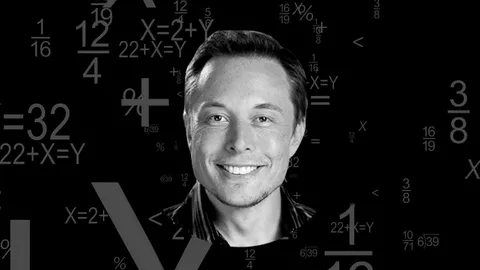
Elon Musk, the founder of companies like Tesla and SpaceX, is known for his innovative thinking, groundbreaking achievements, and boundless ambition. While his IQ is estimated to be 155 to 160, Musk’s IQ has downplayed this number’s importance. In his view, IQ scores don’t necessarily translate into success or creativity. Musk has famously remarked that IQ is “not that useful” and “not that predictive” in his work.
Musk’s genius lies in his ability to envision and execute solutions to some of the most complex problems of our time — from creating reusable rockets to revolutionizing electric cars. His intellectual approach combines scientific knowledge with business acumen and a willingness to take risks. This unique combination of skills has propelled him to the forefront of technological advancement and made him one of the most influential minds of the 21st century.
Historical Geniuses: Albert Einstein, Leonardo da Vinci, and Paul Dirac
Though Musk is often regarded as one of the most intelligent individuals of today, there are many historical figures whose brilliance also left an indelible mark on humanity.
Albert Einstein: The Mind Behind Relativity

Albert Einstein is perhaps one of the most well-known geniuses in history. His theory of relativity changed our understanding of the universe and introduced concepts such as space-time and the relationship between mass and energy (E=mc²). His IQ is estimated to be around 160, though Einstein did not believe in assigning such metrics to intelligence.
Einstein’s work demonstrated logical and mathematical intelligence and great creative thinking. His ability to conceptualize the unobservable and abstract ideas, such as the curvature of space, remains a cornerstone of modern physics. Despite his brilliance, Einstein maintained a humble perspective on intelligence, often stating that curiosity and perseverance were more important than innate ability.
Leonardo da Vinci: A Polymath of Endless Curiosity
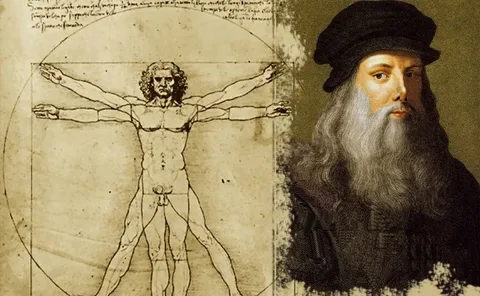
Leonardo da Vinci, the quintessential “Renaissance man,” was a skilled artist, scientist, inventor, and engineer. His incredible ability to master such a wide range of fields is evidence of a highly developed intellect. Da Vinci’s anatomy, mechanics, and physics studies were far ahead of their time, and his ability to merge art with science made him one of the most versatile geniuses ever.
Da Vinci’s intelligence goes beyond traditional IQ tests — his creativity, curiosity, and drive to innovate in different areas of knowledge set him apart. For example, his sketches of flying machines and armoured tanks were centuries ahead of the technologies available then, demonstrating a visionary mind that sought to push the boundaries of what was possible.
Paul Dirac: The Pioneer of Quantum Mechanics
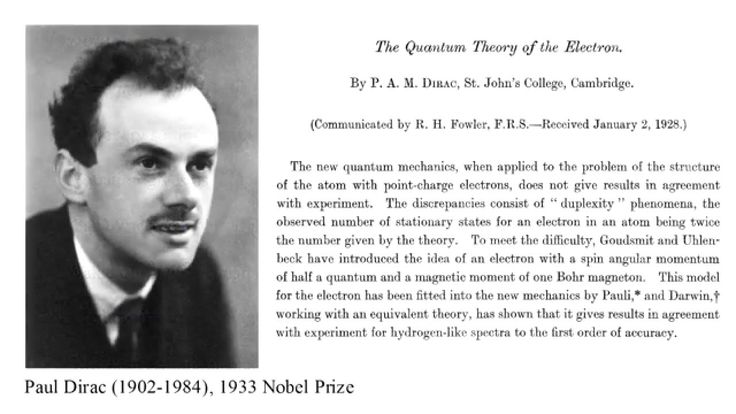
Paul Dirac, a British theoretical physicist, was a leading figure in developing quantum mechanics and electrodynamics. His work earned him the Nobel Prize in Physics in 1933. Dirac’s intellectual contributions, such as the Dirac Equation, predicted the existence of antimatter — a profound breakthrough in theoretical physics.
Known for his highly systematic and mathematical mind, Dirac could solve complex problems in ways that eluded many of his peers. His IQ is considered extraordinarily high, though no formal tests were conducted. His approach to physics was driven by a sense of aesthetic beauty in equations, leading him to remark that “it is more important to have beauty in one’s equations than to have them fit economically.” Dirac’s intellectual depth and the quest for elegance in his work highlight the multifaceted nature of genius.
Richard Feynman: The Practical Genius
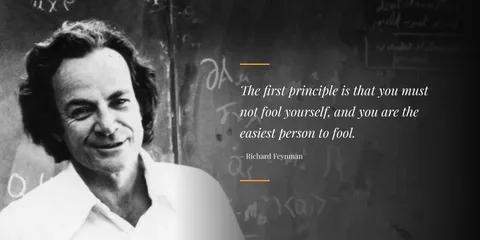
Richard Feynman, another towering figure in physics, made lasting contributions to quantum mechanics and particle physics. Known for his colourful, Personality and unorthodox problem-solving techniques, Feynman approached science with playfulness and rigour. His ability to distil complex concepts into understandable terms made him an exceptional teacher and communicator.
Feynman’s genius wasn’t just confined to theoretical physics; he also worked on developing the atomic bomb as part of the Manhattan Project and later advocated for ethical responsibility in scientific discovery. He believed that intellectual curiosity and a love of learning were vital to understanding the world around us. Feynman famously said, “The joy of finding things out” drove him, suggesting that his intelligence was just as much about his attitude toward knowledge as it was about his cognitive abilities.
Can AI Surpass Human Intelligence?
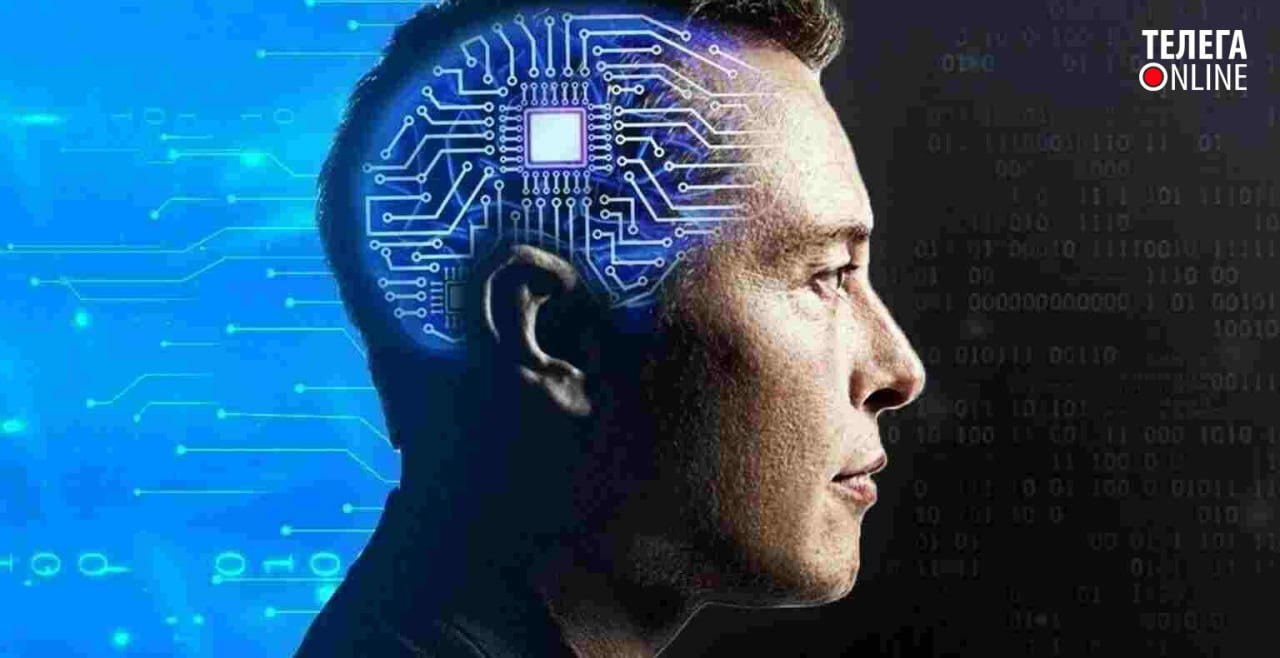
As artificial intelligence advances, many speculate whether it will surpass human intelligence. In some respects, AI is already outpacing humans in specific tasks—particularly in areas like data processing, pattern recognition, and strategic games like chess and Go. However, human intelligence is multidimensional, involving creativity, emotional understanding, and the ability to adapt to novel situations.
Current AI lacks common sense reasoning, an essential component of human intelligence. For instance, while AI systems can solve complex equations or process vast amounts of data, they struggle with basic tasks that require an intuitive understanding of the physical world. Furthermore, creativity, empathy, and ethical judgment remain areas where human intelligence vastly outshines AI.
Although AI may someday surpass human IQ in certain areas, it’s unlikely that machines will replicate the full spectrum of human intelligence — at least not in the foreseeable future.
Conclusion: Intelligence Beyond IQ
While IQ tests provide a valuable measure of cognitive ability, they are far from the definitive marker of genius. The individuals mentioned above — from Elon Musk to Albert Einstein — demonstrate that intelligence is a complex, multifaceted attribute. Innovation, creativity, and a relentless drive to solve problems often define true brilliance more than a numerical score ever could. As we continue to evolve our understanding of intelligence, we must appreciate the different ways genius manifests itself — through discovery, invention, and the betterment of humanity.
This version provides a deeper analysis of intelligence, incorporating various historical figures and adding context to AI development.


